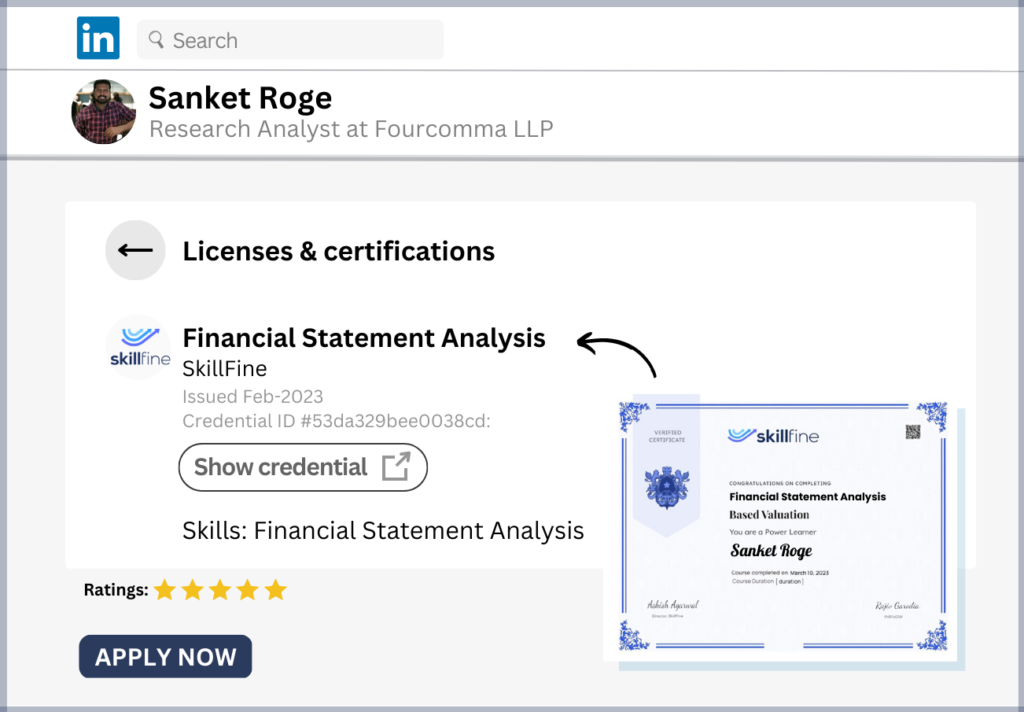You may be thinking, “I don’t want to create a hedge. How much money do I need?” And the answer is: it all depends on what type of estate you’re planning. A simple hedge is just that – a hedge. It doesn’t cost anything and will protect you from the risk of one event leading to another. Or in other words, a basic hedge is an insurance policy against financial loss. Here are some examples of how a simple hedge could save you money on your estate: Do you own any property?
You may be tempted to sell your current home to fund your final retirement property, but that’s actually bad advice. Having multiple homes potentially lowers your expected return on your equity when you die, which means less financial security for your heirs. Instead, make the decision to keep at least one home and convert the other into rental property if necessary.
Even better: consider keeping both properties as rental properties as well so that you have multiple streams of income in case one or both properties go under.
Do you play any sports? Investing in sports teams or leagues can be a great way to save money on your retirement by paying little up-front and getting more frequent season ticket holders (and their families) table for less over time than if you bought single game tickets at a time based on attendance patterns only once per year (even if these season ticket holders are friends and colleagues).
Hedge Accounting
For your financial planning to be successful, it’s crucial that you know the ins and outs of accounting for various types of assets you might own. That’s why it’s smart to have a professional help you out with this part of your estate planning. It’s also smart to have your financial advisor or accountant help you out with the investment strategy side of your hedge fund.
But if you’re not using them, you might want to consider the following: Hedge accounting is the process of allocating potential capital gains or losses to various types of assets to reduce the overall risk of a negative outcome for your estate. This is possible because of what’s known as the “hedge effect,” which is the basic notion that any change in the price of an investment will affect the cash flow from that investment in a positive way, but that the same change in the price of an unrelated asset will have a different impact on the cash flow from that asset.

Image Source: Freepik
How Hedge Accounts Work
When you have a large amount of money to leave behind, it’s a good idea to have a plan. That way, if one type of investment takes a hit, you’ll still have money left over to fund other types of investment that will help you grow your wealth over time. That’s where a hedge account comes into play.
A hedge account is a type of investment that pools your money with other people’s money in order to reduce your overall risk. This is done by creating a profit or a loss claim on the total amount of money invested, which is then shared between all of the investors. You can have as few as one or as many hedge accounts as you like. The only requirement is that each account be unique with a unique password.
When to Use a Hedge Account
The main reason to use a hedge account is to reduce the overall risk of a risky investment strategy that might have led to big losses in the past. That’s especially true if you’re young and have the financial wherewithal to take a loss on some of your investments to save for your future. But if you’re in your 50s or 60s and have already seen some of your money go down the tubes, a hedge account could be a great way to protect your money from further damage.
Pros of Hedge Accounts
Predictability — If you know where your funds will be going, you can plan ahead and make sure to put some of your funds in funds that are more predictable investments. For example, if you have access to a retirement fund or insurance policies in place, you can use those to reduce your overall risk. Easier To Manage — Managing a large number of investments might sound like a nightmare, but it doesn’t have to be with a hedge account. With a single click of a button, you can put your money into either a money market fund or a long-term investment such as a portfolio of bonds.
Cons of Hedge Accounts
More Expense — If you have a large amount of money to leave behind, you might be tempted to put it into an investment fund with low expenses. But since most of these funds don’t keep track of your performance, you might end up with less financial security than if you invested in a low-cost ETF.
How to create your own hedge fund
One of the best ways to lower the risk of being taken advantage of while still achieving great results is by yourself — that is, by creating your own hedge fund instead. Here’s how: Find a strategy and stick to it. If you’re trying to reduce your overall risk, it’s smart to stick to a plan. A hedge fund is a complicated strategy with lots of moving parts and lots of risk. If you try to tackle it all by yourself, you could end up struggling to achieve decent results. Don’t try to do too much. It’s crucial to remember that you’re trying to minimize your overall risk by using a hedge fund. As with many investments, the more you know about your investment strategy, the better off you’ll be.
The best types of hedging investments
There are many different types of hedge investments that could benefit from a hedge fund. Here are a couple of examples: Stocks. Investing in stocks has been a great way for average investors to make money over the long term. But it’s important to remember that your investment strategy will have a big impact on the return you receive from stocks. Bonds. Investing in bonds might seem like a safe option at first, but remember that interest rates are often higher than they are in a money market fund. This could make a difference in the amount of your monthly expenses.
Assign a Value to Your Assets
One of the most important strategies in creating your own hedge fund is to assign a value to your assets. This will help you determine which types of assets you should put your money into and how much. For example, if you have a certain amount of money set aside for your retirement, you can consider it a safe investment. But if you had $100,000 lying around and you could throw it at any investment that offered a higher return, you might consider it worthless.
Define the Horizon of Your Plan
Although you don’t have to, it’s a smart idea to have some limits on the amount of assets you’d like to be in a hedge fund. This way, if your investment strategy doesn’t work out, you won’t lose everything. For example, if you have $100,000 remaining after your retirement, you might consider it a successful investment. But if you had to lose $10,000 at the end of each month for the rest of your life, you might want to scale back your strategy a bit so that you have less risk in your future.
Set Up a Fund for Your Needs
If you want to reduce the overall risk of a risky investment strategy that might have led to big losses in the past, you might consider having a contingency fund in place. This is a fund that you set up in case something unexpected happens. For example, you might have a separate contingency fund in case your investments start to fail and you’re down to your last $100.
Conclusion
Estate planning is a critical part of financial planning. It’s important to have a plan if you want to avoid ending up in a position where you must use a hedge fund to protect your money. But doing so requires a great deal of effort and planning. So, while it might be helpful to enlist the help of a professional in creating a hedge fund, you can also try out this strategy by yourself!



3 thoughts on “Hedge Accounting: How to Save Money on Your Estate by Creating a Hedge”
[…] risks to mitigate potential losses due to exchange rate fluctuations. This can involve implementing hedge accounting or using financial instruments like derivatives to protect against currency fluctuations. Managing […]
Thanks for sharing your thoughts about 비디오 핫 콘 트랜스 데 리마 페루 3.Regards
Your point of view caught my eye and was very interesting. Thanks. I have a question for you.